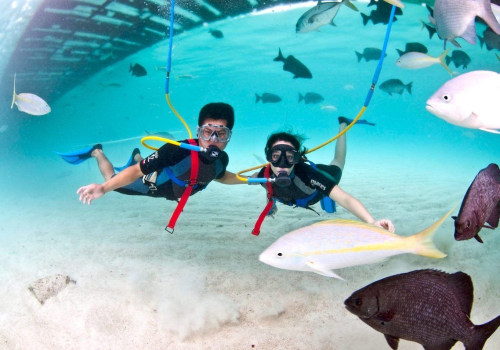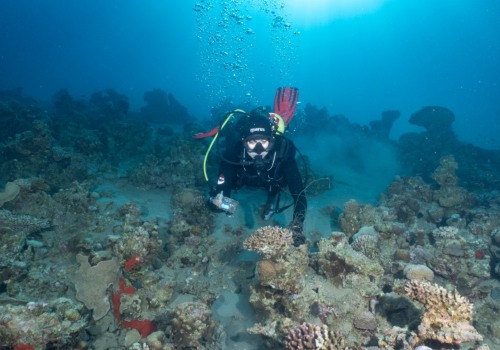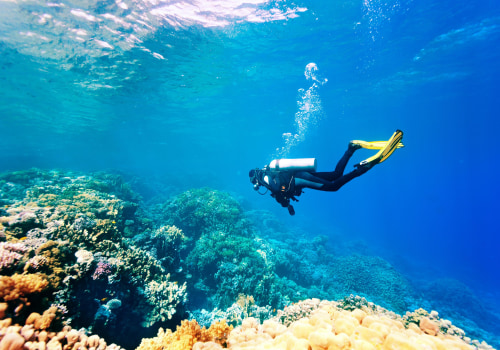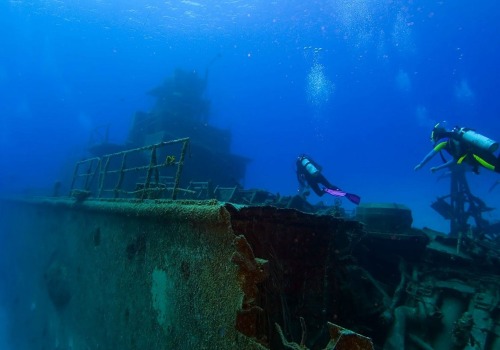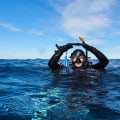If you're a frequent diver in cold waters or do multiple dives in moderately cold waters, the best way to stay warm is to learn how to dive with a dry suit. Wear warm clothing such as long pants, a jacket, a hat, and a scarf if needed. A windbreaker is great for before and during the surface interval as it will protect you from the wind chill. Dry suits are an excellent choice for divers who spend most of their time in cold waters.
As the name implies, dry suits seal your neck and wrists to keep you warm and dry. Underneath the dry suit, divers can adjust their body temperature to the outdoor environment by wearing layers of underwear. Hypothermia is a condition where the body's internal temperature drops dangerously low, below 35°C. Not many divers enjoy wearing a hood to cover their heads.
Neoprene hoods can be restrictive and sometimes claustrophobic, but would you go mountain skiing without a wool hat? If you're diving in cold waters, your head must be the first part of your body to protect from heat loss. Divers lose 30% of their thermal energy through their head. Wetsuits and semi-dry suits are the most common type of showsuit used in diving and are great for keeping warm in a wide range of water temperatures. The cold not only reduces the enjoyment of diving but can also be physically tiring and even dangerous.
If your wetsuit isn't ripped and is in good condition, the most likely cause of chills and feeling cold underwater is a lack of insulation. To prevent this, try tucking your neoprene gloves under the wrist joint of the wetsuit to limit water movements that can cool down your hands. The trilaminate is a lightweight design dry suit that has minimal buoyancy and minimal warmth, so divers need to put on several layers of underwear. It's not always practical to assemble the equipment before you reach your destination, but when you dive in cold conditions it can change the way you dive.
Assuming your wetsuit isn't ripped and is in good condition, the most likely cause of chills and feeling cold underwater is a lack of insulation. Scuba equipment can be expensive, but new divers will find that having your own diving equipment has many advantages. Needless to say, a showsuit is the most important piece of diving equipment to protect against heat loss. If the weather outside is hot or hot, divers will tend to dress poorly to dive for fear of overheating, which is undoubtedly a cause for concern.
The wetsuit thickness guide can't calculate age, weight, quality of the suit or how deep you dive, but it does indicate the overall thickness to keep you warm underwater. It is generally accepted that cold during a dive can increase the risk of suffering from decompression sickness. The debate about what is “cold water” and what thermal protection a diver should wear will never end.
